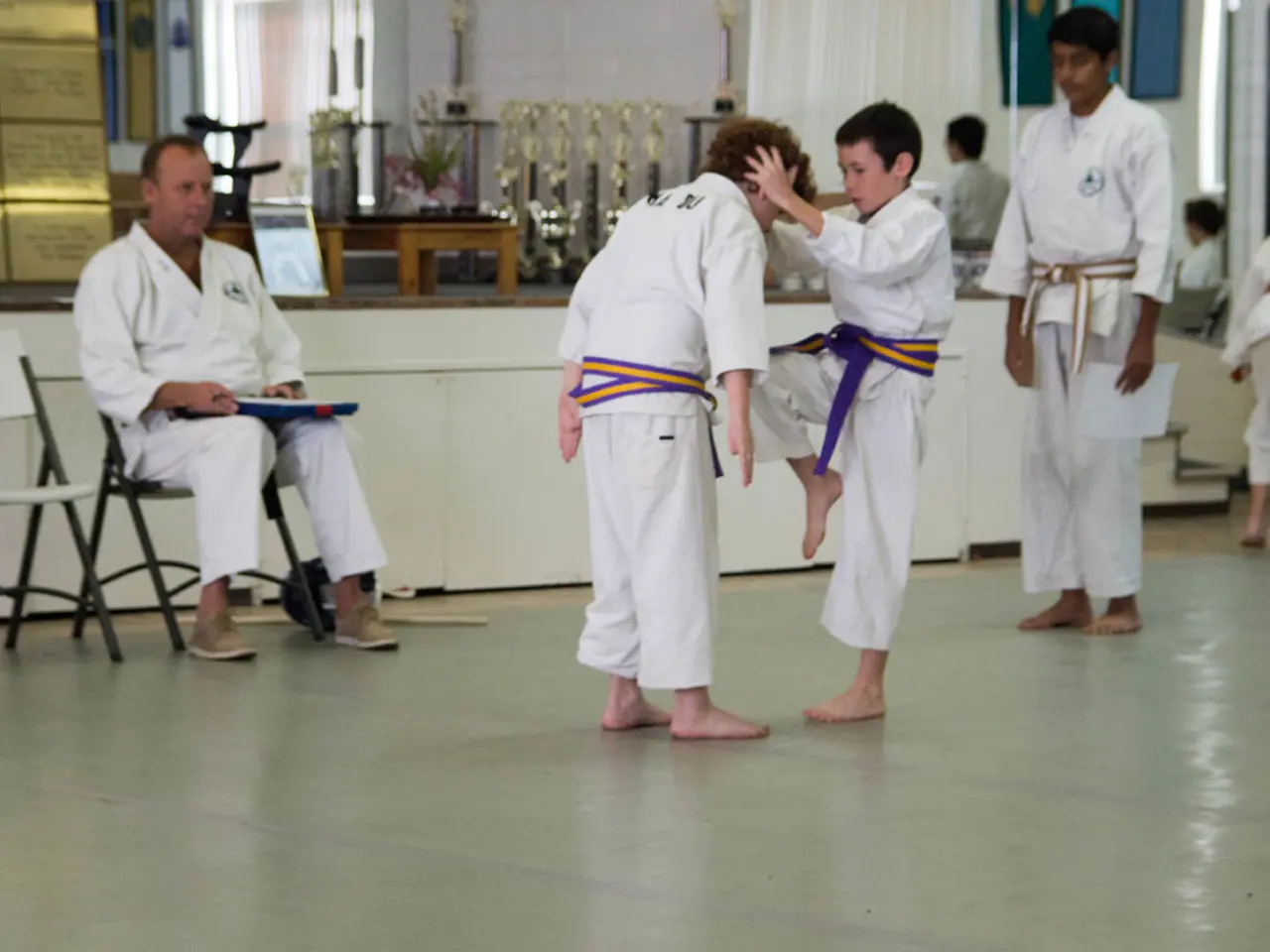Spark Your Apathy: 10 Techniques to Fuel Your Passion if You Suffer from ADHD
Finding Passions and Purpose for Individuals with ADHD
Individuals with Attention Deficit Hyperactivity Disorder (ADHD) can find success in discovering their passions and achieving a sense of purpose in life. Here are some effective strategies that cater to their unique brain wiring, helping them navigate their multi-passionate tendencies and overcome challenges related to motivation.
One key approach is to follow interest and fun. ADHD brains naturally engage deeply with tasks that are enjoyable or meaningful. By making activities fun or connecting them to personal values, motivation and sustained focus can be sparked. Techniques such as gamifying tasks, using creative materials, or linking duties to causes you care about can be highly beneficial.
Another strategy is to explore passions through curiosity sprints. Dedicating short, pressure-free time bursts to experiment with new ideas or projects allows exploration without overwhelm and respects ADHD’s often shifting interests.
Visual and organizational tools can also be helpful in managing the flood of ideas and clarifying priorities. Mind maps, color-coded calendars, and digital boards can reduce mental clutter and enhance engagement.
Breaking goals into manageable steps is another effective strategy. Structuring goals as micro-tasks with flexible, novel sub-goals keeps projects aligned with interests and counters declining motivation over time.
Scheduling “passion projects” is crucial for individuals with ADHD to maintain motivation and engagement. Consistently protecting time for creative experimentation and enjoyment, treating these like important appointments, nurtures evolving passions.
Celebrating small wins is important in recognizing progress and creative achievements throughout projects—even if unfinished—to build confidence and reinforce motivation.
Employing body-doubling and external supports can boost accountability and reduce procrastination. Working alongside others or using ADHD coaching, planners, or apps can be highly beneficial.
Leveraging ADHD strengths is essential for individuals with ADHD. Embracing creativity, hyperfocus during engaging tasks, and resilience developed through lived experience can help navigate toward meaningful pursuits.
Allowing movement and breaks can help manage attention and energy, refreshing focus for exploring passions.
These strategies create an environment where neurodivergent individuals with ADHD can discover, explore, and sustain their passions and sense of purpose by working with their brain's unique wiring rather than against it.
Flexibility is essential as individuals with ADHD explore different options to find their passions. People with ADHD or other neurodivergence often find it difficult to find their passions due to a constant need for novelty and difficulty sustaining interest. Executive function deficits can lead to difficulties with sustaining interest and motivation.
Considering career and executive function coaching can help individuals with ADHD find their passions and achieve long-term success. Embracing failure, learning from mistakes, and being forgiving with oneself is important for personal growth and finding passions.
Ultimately, passion and purpose are not the same, but they are important for achieving great things in life. Achieving success with neurodivergence is possible, and creativity, energy, and the ability to think outside the box can be assets in building a rich and fulfilling life.
- For ADHD individuals, incorporating mindfulness practices into daily routines can foster mental health and personal growth, providing a stabilizing influence in an often-chaotic life.
- In the realm of education and self-development, science-backed life skills like mindfulness can be integrated into health-and-wellness routines, empowering individuals to lead a balanced and fulfilling lifestyle.
- The exploration of personal passions and purpose can extend beyond hobbies to include lifelong learning opportunities, contributing to a broad spectrum of growth in career, mental health, and overall well-being.
4.lastly, when embarking on a quest for personal growth, individuals with ADHD can draw upon their unique strengths—such as creativity, resilience, and hyperfocus—to transform challenges into stepping stones towards a purposeful and meaningful life.




